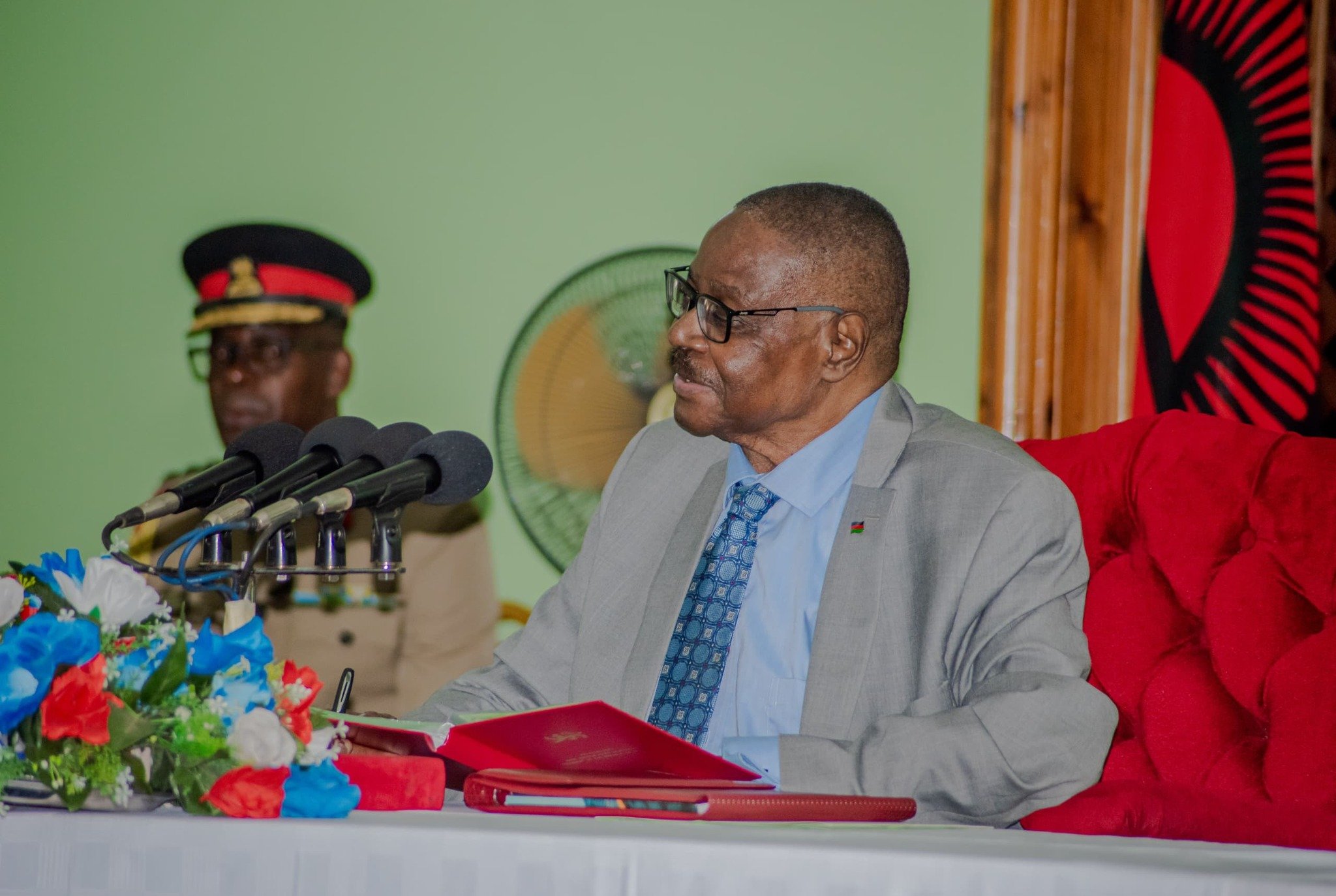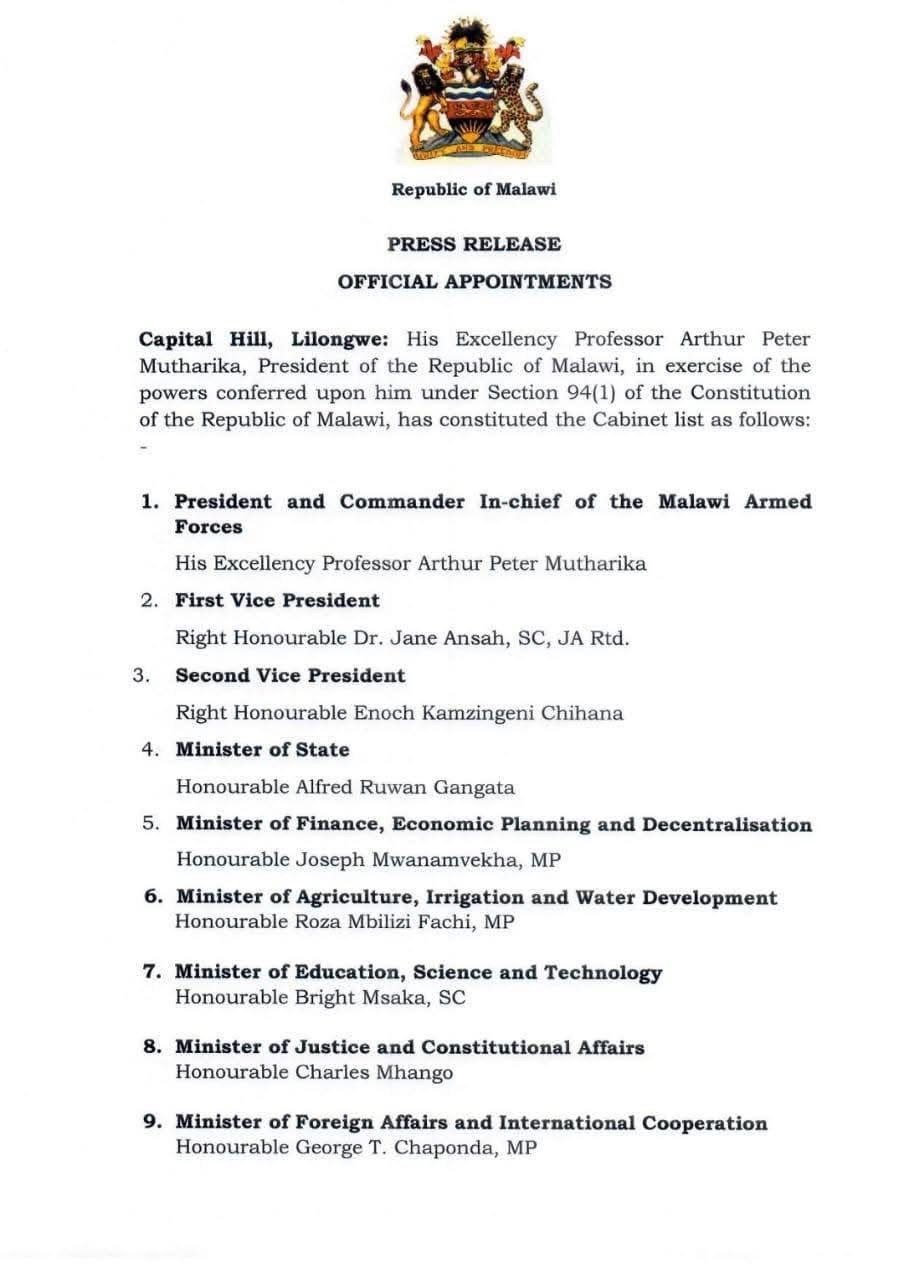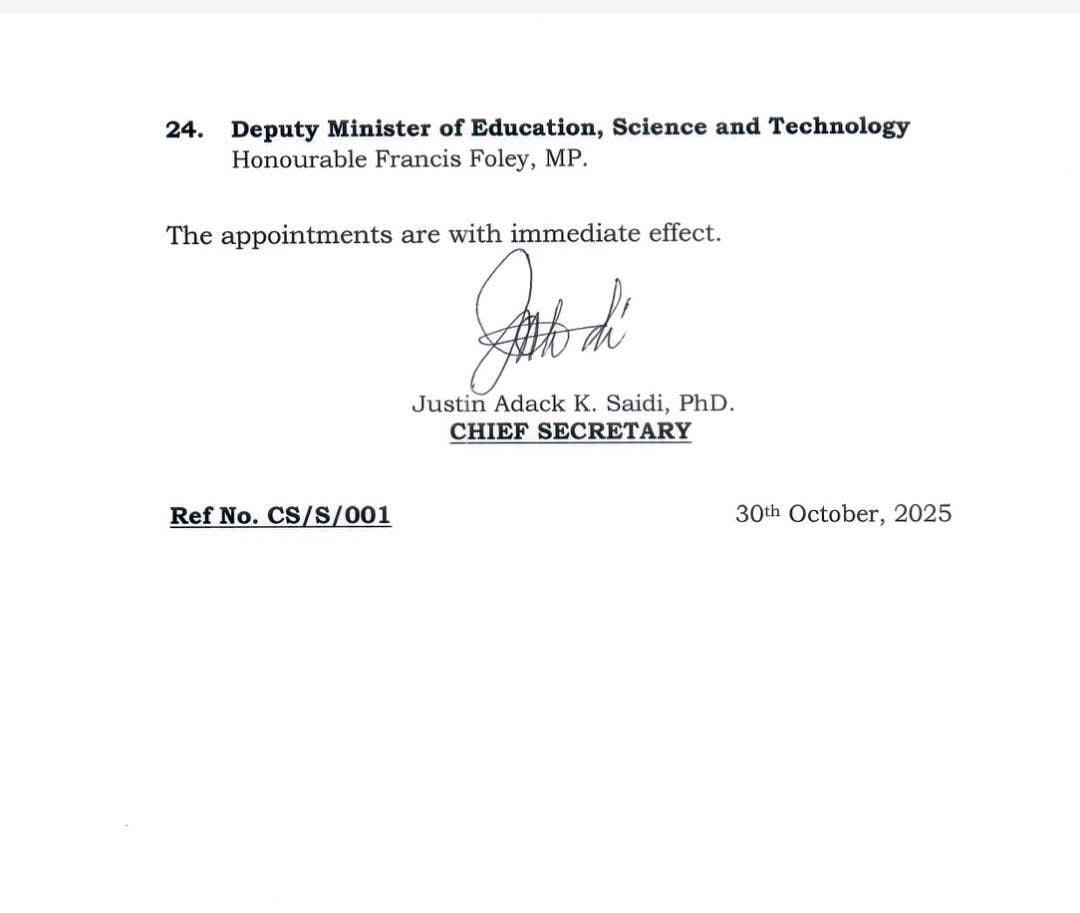Mutharika’s “New” Cabinet Draws Ire: Bloated, Regionally Skewed, and Breaking Key Promises
In a move that has immediately drawn accusations of hypocrisy and political opportunism, His Excellency Professor Arthur Peter Mutharika today unveiled a 24-member cabinet that blatantly contradicts his own party’s manifesto pledge to trim the executive to a lean 20 members.

The new list of ministers and deputies, announced by Chief Secretary Justin Adack K. Saidi, has been met with sharp criticism from political analysts and civil society, who point to its excessive size, severe regional imbalance, and the inclusion of non-elected officials as evidence of a return to business-as-usual politics.
A Promise Broken
The most glaring contradiction is the cabinet’s size. During the campaign, the ruling party championed a platform of fiscal discipline and efficient governance, explicitly promising to reduce the cabinet to 20 members to cut costs. Today’s announcement of 24 positions represents a 20% increase over that promise, signaling a disregard for pre-election commitments even before the new administration has begun its work.



“This is the first test of the President’s word, and he has failed it spectacularly,” said Mavuto Banda, a political commentator based in Blantyre. “It tells you everything you need to know about the priorities of this government. Austerity is for the citizens, while the political elite gets a bloated patronage system.”
A Nation Divided, A Cabinet Skewed
A regional breakdown of the appointments reveals a staggering imbalance that threatens to exacerbate the country’s long-standing North-South divide. The Southern Region, the President’s political stronghold, has been overwhelmingly favoured with a massive 19 out of 24 posts.
In contrast, the Northern Region, a traditional opposition bastion, has been allocated a paltry 3 positions. The Central Region fares only slightly better with 4 appointees. This lopsided distribution has sparked fears of deepening regional alienation and a government that governs for one part of the country.
“With 79% of the cabinet coming from the South, the government risks being perceived as a Southern administration, not a Malawian one,” warned Dr. Temwani Mguntha, a governance expert. “This is not nation-building; it is region-building, and it sows the seeds of future discontent.”
Gender and Democratic Deficits
The cabinet also falls short on gender representation, with only 6 women appointed to ministerial and deputy ministerial roles. This constitutes a mere 25% of the cabinet, far below the 50-50 gender representation goals advocated for by civil society and outlined in various national gender policies.
Furthermore, the appointment of 4 non-Members of Parliament raises democratic concerns. By placing individuals who have not faced the electorate into powerful ministerial roles, the President bypasses direct parliamentary accountability, a practice often criticized for undermining democratic principles.
Key Appointments Scrutinized
The list confirms several high-profile appointments, including:
Honourable Joseph Mwanamvekha, MP as Minister of Finance, tasked with steering the nation’s troubled economy.
Honourable George T. Chaponda, MP returns to a prominent role as Minister of Foreign Affairs, a figure who has been at the centre of political controversies in the past.
Honourable Peter Mukhito takes the critical portfolio of Homeland Security.
The appointments are stated to be “with immediate effect,” giving the new ministers no grace period to address the nation’s pressing challenges, including economic instability, agricultural insecurity, and a struggling public health system.
As it stands, President Mutharika’s new cabinet has not inspired confidence but has instead ignited a firestorm of criticism over its size, composition, and the broken promises it represents. The government begins its term under a cloud of controversy, with many Malawians questioning whether this is the change they were promised.
Follow and Subscribe Nyasa TV :
